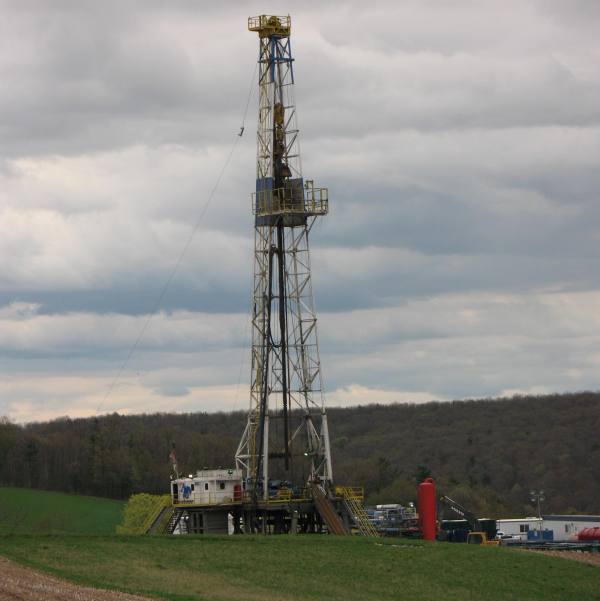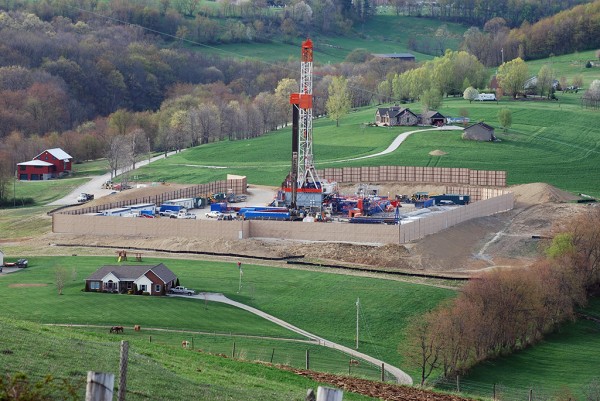Study Projects Economic Impact of Marcellus Shale Tax, Fee Proposals
A new study from Penn State’s Institute for Research in Training & Development treated the Marcellus Shale severance tax and impact fee proposals as added production costs to the gas producers. Professor David Passmore says the four proposals they considered differed based on how they handle exemptions, and how high the tax rate is over time.
“I think what’s important here, even though there’s variation in the impact, the impact of any of these would be relatively small compared to the size of the Pennsylvania economy,” Passmore says. For example, he points to the potential impact on employment. He says the highest tax year proposal would have an impact of about 3,200-jobs. “Now this is at a time when we’re talking about 7.5-million project jobs.”
When projecting the impact on gross state product, the four proposals range from a ten million dollar hit (using State Rep. Kate Harper’s HB 1406) to a $272-million dollar hit on GSP (using State Rep. Greg Vitali’s HB 33). Those numbers are mere fractions of a percent of Pennsylvania’s projected $598-billion dollar gross state product in 2015.
While the overall economic impact of the plans is small, professor Rose Baker points out the impact could be significant to a small company or to an individual who doesn’t land a job because of them. Passmore and Baker hope their numbers are considered in relation to the decisions policymakers must make in terms of imposing a tax or a fee on the Marcellus Shale industry. “We need to begin working together with the industry to reap some of these benefits that are flowing in, and kind of get past the tax question,” Passmore says.
In addition to the Vitali and Harper plans, which were referenced earlier, Passmore and Baker studied Senate President Pro Tem Joe Scarnati’s SB 1100 and Senator John Yudichak’s SB 905). State Rep. Greg Vitali (D-Delaware) will attempt to force a State House vote on his legislation on Tuesday, according to a statement. Vitali says Pennsylvania is the only natural gas-producing state that does not have a drilling tax or fee.









